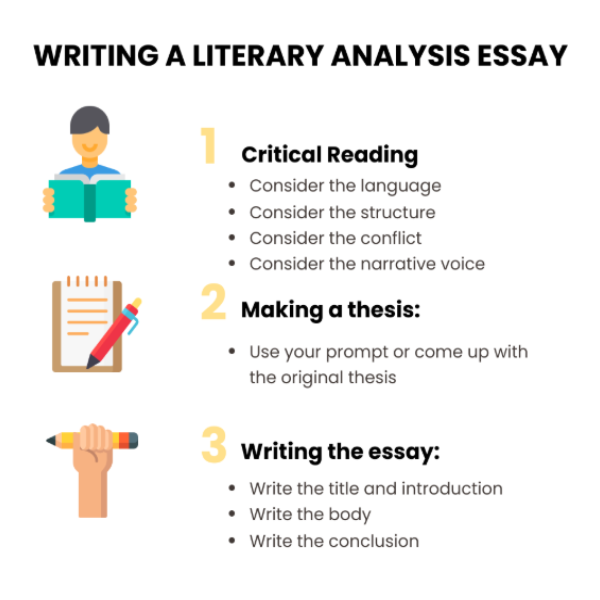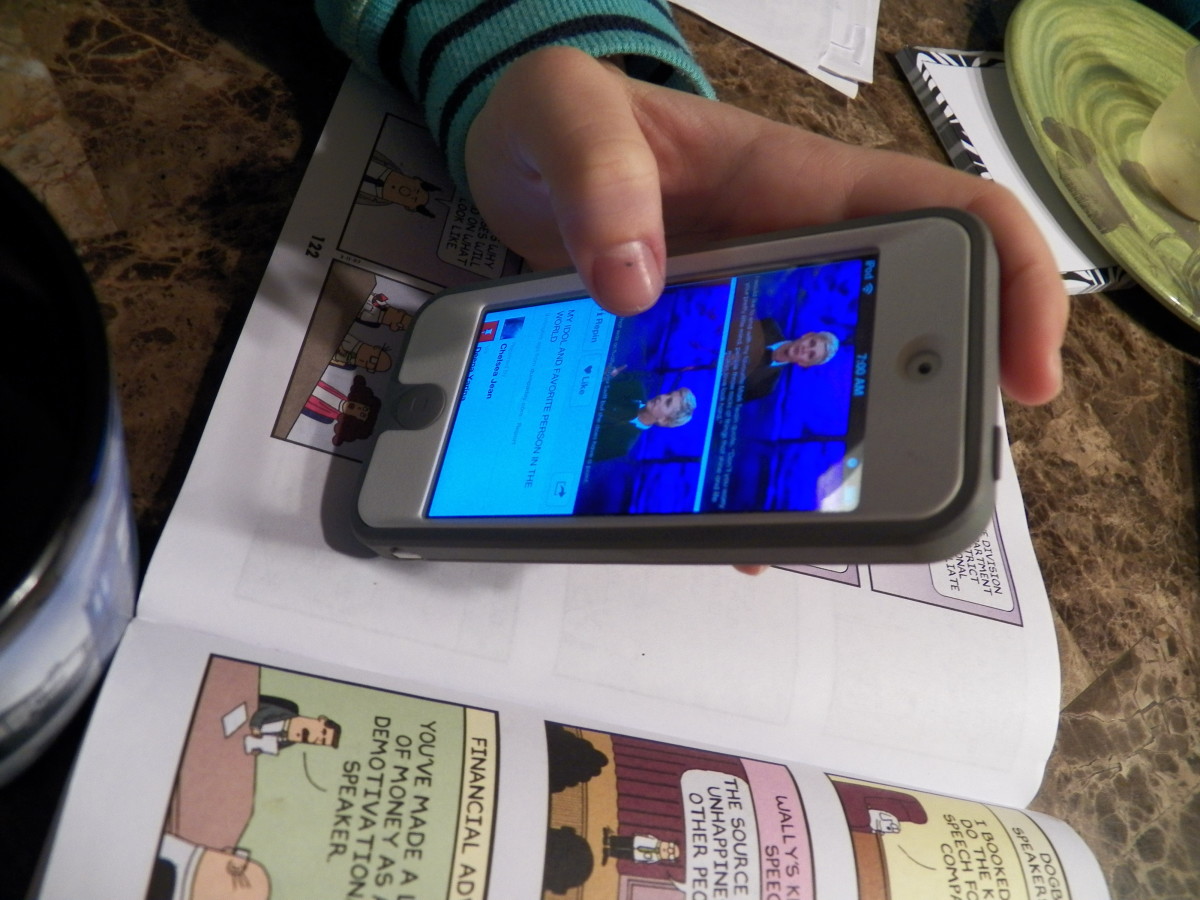A response to literature essay is a type of essay in which the writer reads and analyzes a work of literature and then expresses their thoughts and ideas about it. When writing a response to literature essay, it is important to consider the theme of the work, as the theme is the underlying message or main idea that the author is trying to convey. In this article, we will explore in detail how theme is treated when writing a response to literature essay, including how to identify the theme, analyze it, and synthesize it into a cohesive argument.
1: Identifying the Theme
The first step in treating theme when writing a response to literature essay is to identify the theme of the work. This can be done by looking for clues within the text, such as repeated words or phrases, imagery, or symbolism. It is also helpful to consider the context in which the work was written, as this can provide insight into the author’s intentions and the social and historical context in which the work was created.

One way to identify the theme of a work is to consider the main conflict or problem that the characters are facing. The theme often emerges from this conflict and is a way for the author to explore deeper issues or ideas. For example, in the novel “To Kill a Mockingbird” by Harper Lee, the main conflict is the racial prejudice and injustice faced by the main character, Scout, and her family. The theme of the novel is the destructive power of prejudice and the importance of standing up for what is right.
Another way to identify the theme is to consider the message or lesson that the author is trying to convey. This can be done by looking at the actions and decisions of the characters and the consequences that result from these actions. For example, in the play “Death of a Salesman” by Arthur Miller, the main character, Willy Loman, is obsessed with the idea of success and the American Dream. However, his pursuit of this dream ultimately leads to his downfall. The theme of the play is the danger of chasing an elusive and potentially destructive goal.
2: Analyzing the Them
After analyzing the theme, the next step in treating theme when writing a response to literature essay is to synthesize it, or bring together the various threads of your analysis into a cohesive whole. This involves making connections between the theme and the broader context in which the work was written, as well as considering the personal significance of the theme and its relevance to the reader.

One way to synthesize the theme is to consider how it relates to the broader themes and ideas being explored in the work. This can involve making connections to other works of literature, historical events, or contemporary issues. For example, in the novel “The Great Gatsby,” the theme of the corrupting influence of wealth and the erosion of the American Dream can be synthesized by considering how it relates to the broader themes of the decline of the American Dream and the corrupting influence of materialism in American society.
Another way to synthesize the theme is to consider its personal significance and relevance to the reader. How does the theme resonate with the reader’s own experiences or values? How does it challenge or change the reader’s perspective? By considering these questions, writers can create a more personal and engaging response to literature essay that speaks to the reader on a deeper level.
Conclusion:
Treating theme when writing a response to literature essay involves identifying the theme of the work, analyzing it in depth, and synthesizing it into a cohesive whole. By considering the theme in relation to the characters, plot, and other elements of the story, and by making connections to the broader context in which the work was written, writers can craft a thoughtful and well-rounded response to literature essay. Whether analyzing the use of literary devices, considering the actions and motivations of the characters, or synthesizing the theme with the broader context and personal significance, treating theme is an essential part of writing a successful response to literature essay.


